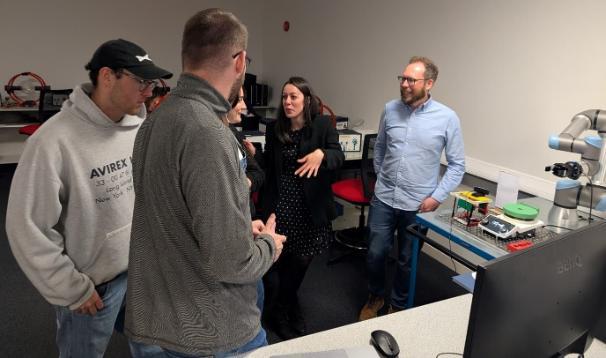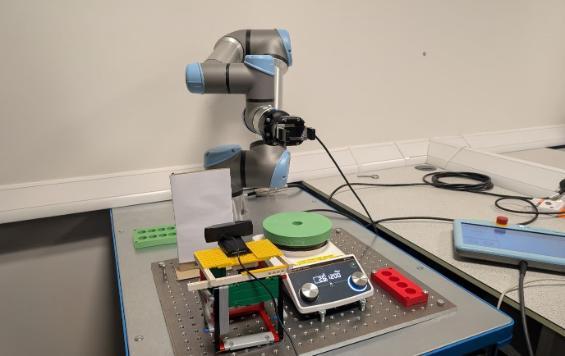Taught Postgraduate Degree FAQ’s
Below are some frequently asked questions about our MSc programmes:
Why should I consider studying an MSc programme, and what career opportunities could it lead to?
Master’s-level study is increasingly popular as employers seek individuals with specialist knowledge and high transferable skills. In today’s fast evolving job market, postgraduate qualifications open the doors to more senior, technical, or leadership roles. Graduates from master’s programmes pursue diverse career paths in industries depending on their subject; the examples could be healthcare, finance, technology, and education. Others use their master’s degree as a stepping stone toward a PhD and postdoctoral work, either in the UK or internationally.
Why choose the Department of Chemistry at the University of Liverpool to study an MSc programme?
Our excellent staff to student ratio offers a very well supported and personal experience whilst you study for your degree. You will be joining a friendly, supportive group of staff, students and researchers.
Joining our world-leading, multi-disciplinary research expertise, unparalleled facilities and dynamic support infrastructure can transform your future studies and career.
Top 10 in the UK for world-leading (4*) research and environment, and 3rd in the UK for world-leading (4*) impact, as the results of REF2021 show; as such, we are one of the top places in the UK for chemistry research. Chemistry was awarded the Queen’s Anniversary Prize in 2023 for its pioneering research and innovation work to address global challenges and benefit society. Additionally, it has secured £12M to lead the UK’s flagship AI for Chemistry Hub in collaboration with Imperial College London.

How do your MSc programmes support students from diverse backgrounds and ensure an inclusive learning environment?
Inclusivity is at the heart of our programmes, encompassing all aspects of equality, diversity and inclusion as part of value-based programme design. The programmes are representative of the diversity of students and provide equal access to the curriculum for each of them. There is a gradual progression from semester to semester and module to module within this inclusive programme, ensuring that students can develop their knowledge and skills at a steady and manageable pace.
How do your assessment methods support diverse learning styles while preparing students for real-world challenges in an inclusive and accessible way?
- The assessments allow students to demonstrate a systematic knowledge and critical understanding of the subject. Many assessments are authentic, meaning students will engage in the simulation of real-world scenarios in hands-on workshop and project-driven assessments.
- Assessment strategies will ensure that students can demonstrate their knowledge and skills through various methods, e.g. coursework, teamwork, presentation, dissertation writing, oral examination, etc.
- All modules will provide formative feedback to students on their learning progress and allow for adjustment of their learning.
What is the duration of your MSc programmes?
All programmes are full time and 12 months in length and run from late September each year.
What are the entry requirements for your MSc programmes?
The programmes are intended for a 2:2 honours degree from a UK university, or an equivalent academic qualification from a similar non-UK institution in a subject relevant to a specific MSc programme. Accepted disciplines vary depending on the programme's focus, and applicants are advised to consult the individual programme page for detailed subject requirements.
In addition, international candidates are required to have a level of English equivalent to IELTS 6.5 or reach this standard by satisfactorily completing equivalent pre-sessional English language classes at the University of Liverpool.
Is research part of your MSc programmes?
Yes, in multiple ways. Your taught modules will be delivered by research-active staff in that area. The programmes involve a research-based project, which you will be prepared for during the academic year and carry out during the summer.
